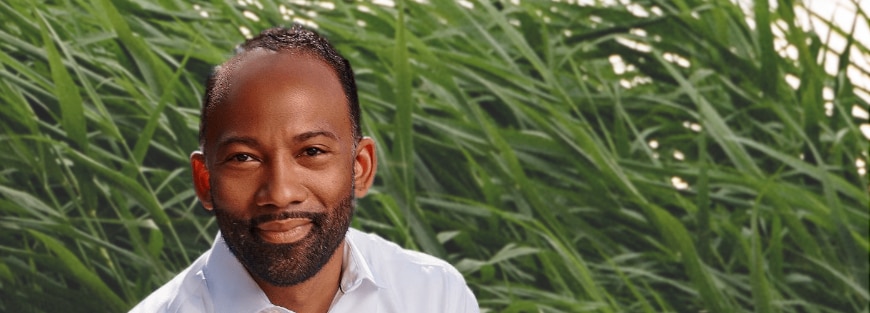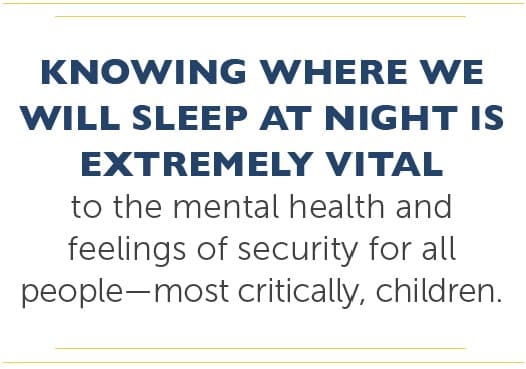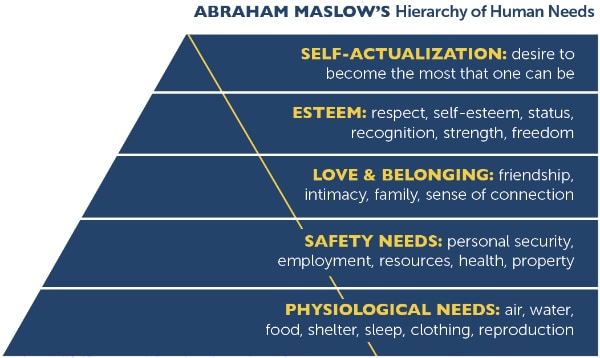Building Bridges to the Basics
Posted by: DVULI | August 30, 2022

Opinion by Bwana Clements (Indianapolis 2013)
Throughout my life, I’ve heard the phrase, “The family is the building block of society.” In church, this phrase was often attached to a message about the importance of two-parent homes rooted in God’s Word and faithfulness to the local church. In the community, the phrase plunges into every political cycle along with issues such as single mom concerns, the rise of violence, and the societal responsibilities of caring for the poor.
Both the preacher and the politician seek to convince their audience that adherence to what we now call traditional family values will insulate them from the hardships of life. But like the chicken or the egg inquiry, neither preacher nor politician identifies whether the issue is the departure from traditional family values or the dire living conditions imposed upon those we serve.
Unfortunately, for the urban leader—especially the one in ministry who may not fully be aware of the impact of poverty, food and housing insecurity, or other social deficiencies—little progress will be made in the lives of those we serve until those issues are addressed. And isn’t that what we’re called to do? Make a difference in people’s lives?
 Let’s take housing insecurity, for example, which is among the most basic of human needs. Abraham Maslow, one of the most influential psychologists of the early twentieth century, studied the lives of exceptional people and positive human qualities. In 1954, he wrote a book titled Motivation and Personality, where he introduced his Hierarchy of Human Needs Model. Within the hierarchy, he explains five domains of human needs that build one on top of the other: (1) physiological, (2) safety, (3) love or belonging, (4) esteem, and (5) self-actualization.
Let’s take housing insecurity, for example, which is among the most basic of human needs. Abraham Maslow, one of the most influential psychologists of the early twentieth century, studied the lives of exceptional people and positive human qualities. In 1954, he wrote a book titled Motivation and Personality, where he introduced his Hierarchy of Human Needs Model. Within the hierarchy, he explains five domains of human needs that build one on top of the other: (1) physiological, (2) safety, (3) love or belonging, (4) esteem, and (5) self-actualization.
As leaders serving in the urban context, I can’t think of a more practical and important model for us to understand and apply.
Stable housing is a foundational safety necessity. Knowing where we will sleep at night is extremely vital to the mental health and feelings of security for all people—most critically, children.
As a consultant for an Indianapolis-based charter school, I watched families enroll and withdraw their children from school as many as three times in the same school year. I recall taking a de-escalation “walk n’ talk” with a fifth grader after he got into a classroom fight. He was one of my regular “walk n’ talk” friends as he was prone to aggressive and disruptive behavior. During this conversation, I was struck by his comment: “Mr. B., I don’t really care if I get in trouble cuz we about to move anyway.” When I asked him how he knew he was moving, he replied, “Cuz when the ‘house man’ give your momma that red letter, that means y’all got to move.”
 According to Maslow’s hierarchy of needs, stable housing sits in the second domain while problem-solving and morality are in the fifth. How then does the school, the community, or urban leaders like us honestly expect a young man like this to succeed?
According to Maslow’s hierarchy of needs, stable housing sits in the second domain while problem-solving and morality are in the fifth. How then does the school, the community, or urban leaders like us honestly expect a young man like this to succeed?
I have no idea how many times his family has had to move homes. I do know the experience has been repeated enough for him to understand that a red letter from a landlord means he and his family must find a new place to live (again).
Whether addressing housing instability, food insecurity, utility assistance, or health care, we have an obligation as urban leaders to be informed about the basic needs of the people we serve.
We may not work for an agency that can meet the need, but we can and should familiarize ourselves with the resources of the community and be bridge builders whenever possible. This is especially true when reasonable progress is not being made, and we continue to struggle with the same unwanted behaviors or challenges despite the work being accomplished.
A warning light should go off that directs us to consider what stressors might be preventing us from achieving what we’ve set out to accomplish.
In my experience, remembering how Jesus made it a point to both feed and preach to people (Luke 9:11-13) refined my approach and brought a deeper sense of clarity to the barriers of progress.
I urge us all to make our first sermon building bridges to a meal, a bed, or a paid utility bill, before opening our Bibles to deliver scripture.
This article was published in the Summer 2022 issue of DVULI’s On the LEVEL print newsletter.

